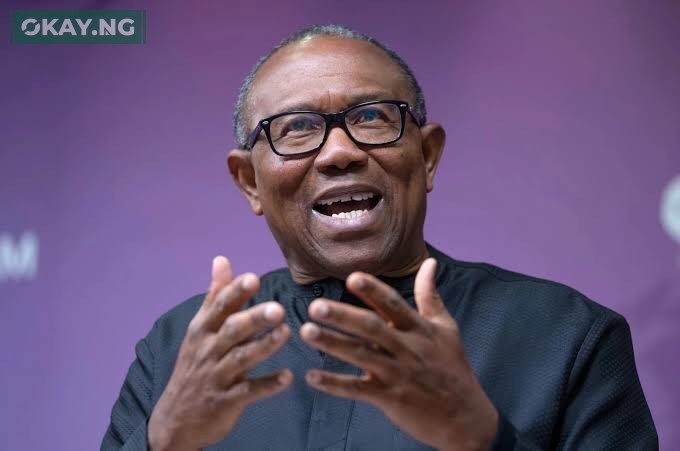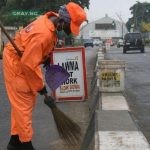Peter Obi, the presidential candidate of the Labour Party (LP) in the 2023 election, has declared that the judiciary poses the greatest threat to Nigeria’s democracy, not the electoral umpire, the Independent National Electoral Commission (INEC).
Obi made these remarks while delivering a keynote speech at the fifth memorial of late Justice Anthony Aniagolu at Godfrey Okoye University in Enugu.
“The judiciary today, despite having a few outstanding judges, is undeniably in decline,” said the former Anambra governor. “This decline poses a significant threat to the future of Nigeria. Justice is increasingly commodified and delivered in favor of the highest bidder.”
Obi criticized the common perception that INEC is the main problem hindering Nigeria’s democratic progress. “Whenever democracy is discussed, fingers point to INEC as the problem. But INEC is not the problem; instead, the judiciary is. The judiciary is the biggest threat to Nigeria. If our judiciary is effective, our businesses will thrive,” he asserted.
He elaborated on the consequences of a compromised judiciary, noting that the most vulnerable members of society suffer the most when the rule of law is undermined. “The integrity of our institutions, the protection of human rights, and the stability of our nation are all jeopardized when the rule of law is compromised,” Obi said.
Obi emphasized the critical need to protect the independence of the judiciary and to promote values such as character, competence, capability, compassion, and integrity among jurists and political leaders. “By doing so, we can ensure justice and fairness prevail as we endeavor to build a better Nigeria for all,” he stated.
He lamented the current state of the nation, saying, “Nigeria has become a country where anything goes. There is no rule of law, there is almost no judiciary. Everybody could be pushed down because there is no rule of law. Because the judiciary has become commercialized and depends on how much one pays, it has become difficult to get true justice in the judiciary.”
Obi concluded by highlighting the broader societal implications of a failing judiciary. “At any point in time where the judiciary is not working, society suffers,” he warned.









